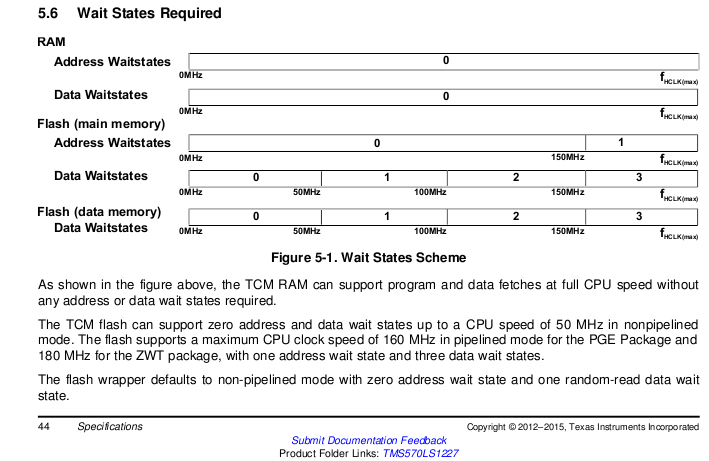Dear TI,
I am using TMS570LS1227 on CCS 6.1(compiler 5.2.2),
As my know, the latest version of compiler 5.2.2 has supported _delay_cycles(x)
Could you explain what is its unit of x?
For example, when I use _delay_cycles(1000), what is its unit? 1000s? 1000 cpu clock?
Also, I had test the performance of _delay_cycles(x) by RTI.
The _delay_cycles(1000) spend about 1.97 * 10^-5 sec
The _delay_cycles(100000) spend about 1.94 * 10^-3 sec
Thanks a lot



